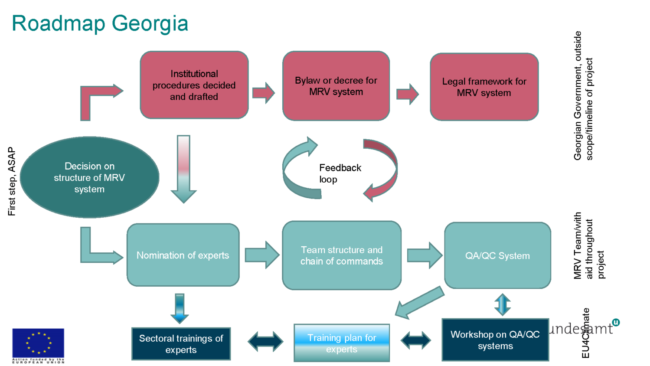Setting stage for carbon-neutral future: Georgia presents Long-Term Low-Emission Development Strategy, with support from EU and UNDP
The Government of Georgia unveiled its first-ever Long-Term Low Emission Development Strategy (Lt-LEDS) 2050, which was officially adopted on 24 April 2023. The Lt-LEDS sets the stage for Georgia’s carbon-neutral future and will be instrumental in updating the national Climate Action Plan 2023-2025, outlining a clear roadmap towards sustainable, low-emission growth. The Lt-LEDS adheres to…












